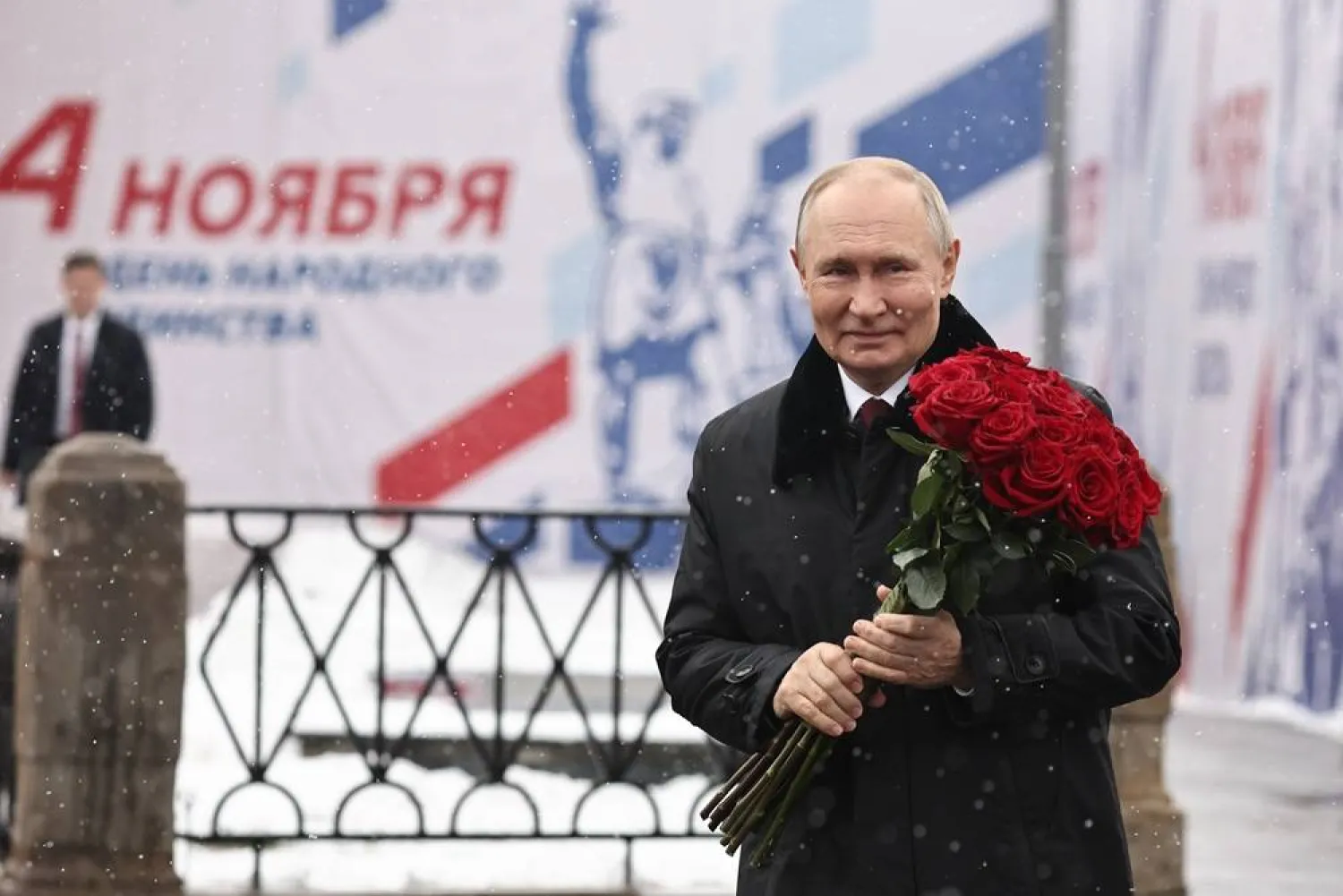The head of Australia's national intelligence office said an "emerging axis" of countries providing support to Russia, including China, Iran and North Korea, was "a profoundly troubling strategic development" that western countries were struggling to catch up with.
Director-General of the Office of National Intelligence, Andrew Shearer, said on Wednesday that the strategic impact of an emerging axis, that had China and Russia at its core, had been underestimated.
"The massive provision by China of dual use assistance to Putin, and economic support and diplomatic support is keeping Putin's army in the field in Ukraine, killing innocent Ukrainians just as surely as if they were providing artillery ammunition and missiles," Shearer said at the Raisina Downunder conference in Canberra.
He also listed the provision of Iranian drones, and North Korean missiles and combat troops to Russia. South Korea and the US say around 10,000 North Korean troops have arrived in Russia to support its war against Ukraine.
"This is a profoundly troubling strategic development and we are all grappling to catch up with it and put in place effective measures, but I think this is one of the strategic challenges of our time," Shearer said.
Australia is a member of the Five Eyes intelligence partnership with the US, Britain, Canada and New Zealand. Shearer is the top advisor to Australia's Prime Minister Anthony Albanese on intelligence matters.









